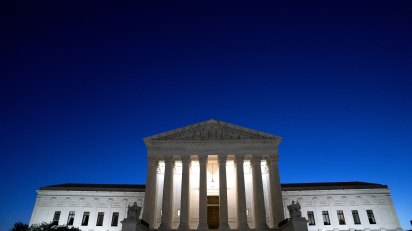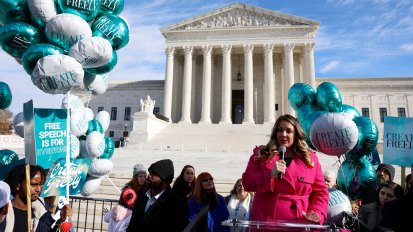A pair of noteworthy Supreme Court decisions are worth reviewing for church leaders, and bivocational pastors and church planters working secular jobs.
—Access our entire legal library with a Church Law & Tax Advantage Membership—
The first, Groff v. DeJoy, represents a significant shift in the way employers treat religious accommodation requests under Title VII of the Civil Rights Act of 1964. Bottom line? Employers face a higher standard when rejecting such requests, meaning employees enjoy greater protection when they come across work situations that clash with their religious beliefs and convictions.
Meanwhile, the Supreme Court ruled 6-3 in favor of a Colorado web designer who worried the state would use its anti-discrimination laws to force her to create websites celebrating marriages she does not endorse (303 Creative LLC v. Elenis). It’s an outcome that underscores the possible ways a church can assert First Amendment defenses if the church falls under a state or local public accommodations law and gets penalized for violating the law due to its religious activities.
For members, Church Law & Tax Co-Founder and Senior Editor Richard Hammar, and Church Law & Tax Editor and Attorney-at-Law Matthew Branaugh joined forces to highlight what these important cases mean for churches and church leaders, alike:

Supreme Court’s ‘Groff’ Decision Makes It Harder to Reject Religious Accommodations Requests

